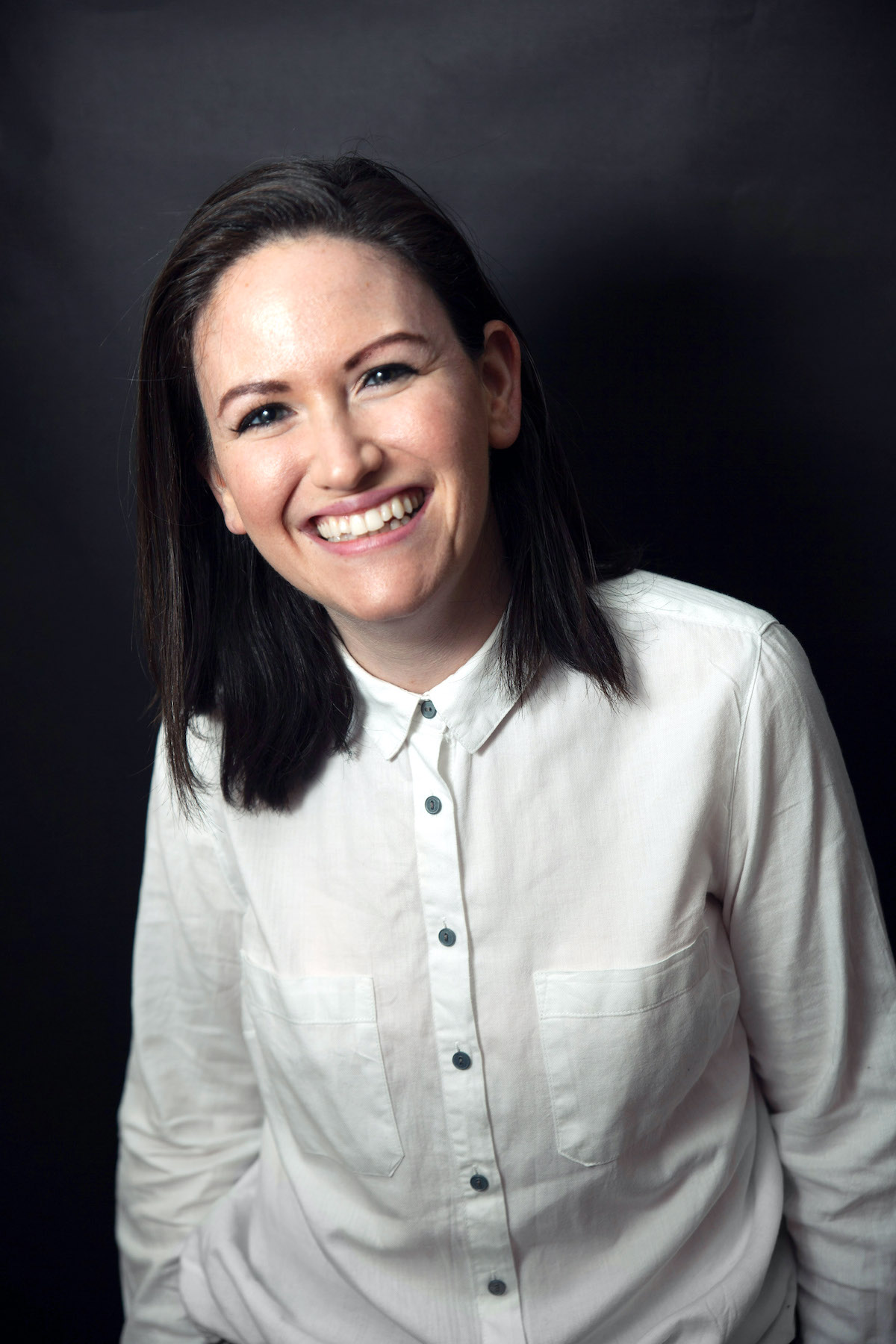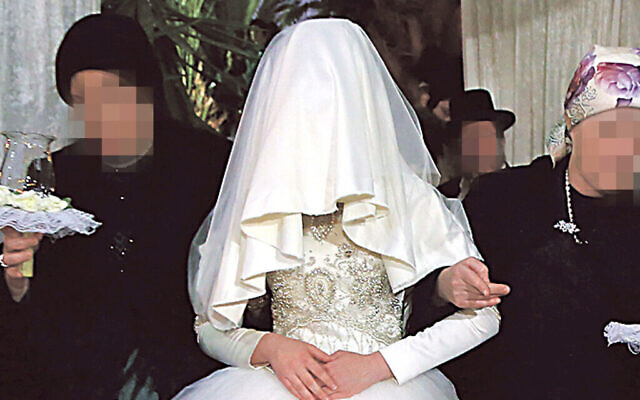OPINION: Does the Bloom Review into faith go far enough?
In the wake of the landmark government faith report, Yehudis Fletcher argues we should never settle for intolerable harms in the name of religious tolerance
Karl Popper said that: “If everyone is tolerant of every idea, then intolerant ideas emerge. Tolerant people will tolerate this intolerance, and the intolerant people will not tolerate the tolerant people”.
Colin Bloom’s report into faith engagement reminds me of this same principle – in order to maintain a tolerant society, there are things we should not tolerate. The review specifies forced marriage within the Charedi community, and unregistered yeshivas with poor or nonexistent safeguarding frameworks as examples of these.

Religious tolerance should not, and must not be conflated with ignoring harms perpetrated against people of faith by our own communities.
Parents might argue that it is their deeply-held religious belief that their son should only study sacred texts, not wasting his time obtaining a secular education, similar to that which sisters receive.
However, we know that this practice denies the son his right to education. What follows includes the indignity of extremely limited career options and resultant benefit dependency.
There is only one registered school in Stamford Hill for Charedi boys post bar-mitzvah with one class per year group. That means that besides for the handful of boys who travel to north west London each day, almost every post bar mitzvah boy in Stamford Hill attends a full day yeshiva, and is exposed to all the risks associated with such venues. For this reason, safeguarding leaders in Hackney council have desperately called for legislative action to address this ongoing problem.
The Independent Inquiry into Child Sexual Abuse (IICSA) brought us testimony on how abuse is covered up as community leaders deal with it “internally”. Perhaps this is due to the laws of mesirah (informing) or maybe it’s to protect the facade that there aren’t frum predators, but this approach leaves perpetrators free to harm others. When a victim of abuse appeared on Israeli TV over a decade after original allegations against the same Charedi man, the harm of leaving predators free to reoffend becomes clear.
Other harms didn’t make it into the Bloom Report: consider the Chasidic woman who wants to drive. Even if her husband is open to her driving; both husband and wife will be aware that a breach of social norms will have consequences; soft shunning in the synagogue, children denied places at school and the family downgraded for shidduchim. Given the potential repercussions, concluding that its best not to drive is not a real choice. How can we tolerate that people living in the UK in 2023 are denied fundamental freedoms, which society takes for granted?
Nahamu listens to those with lived experience inside the Charedi community, and lobbies on systemic harms under 5 categories; denial of education, forced marriage, coerced criminality (as in, the normalisation of benefit fraud and tax evasion), covering up of abuse and limits on personal autotomy.
Nahamu has established itself as the only UK charity to advocate for Charedim who are otherwise unheard, a voice for those for whom the cost of dissent is too high.
There are aspects of the Charedi practice that we should not just tolerate, but celebrate. There is no doubt that religious groups shine when it comes to chesed. Covid highlighted these strengths, and the mechanisms employed by religious groups during that difficult time provided a backdrop for the conversations that fed into the Bloom Review.
But being kind is not enough. We should never settle for intolerable harms, in the name of religious tolerance.
- Yehudis Fletcher is co-founder of Nahamu, a think tank countering extremism and culturally specific harm in the Jewish community

Thank you for helping to make Jewish News the leading source of news and opinion for the UK Jewish community. Today we're asking for your invaluable help to continue putting our community first in everything we do.
For as little as £5 a month you can help sustain the vital work we do in celebrating and standing up for Jewish life in Britain.
Jewish News holds our community together and keeps us connected. Like a synagogue, it’s where people turn to feel part of something bigger. It also proudly shows the rest of Britain the vibrancy and rich culture of modern Jewish life.
You can make a quick and easy one-off or monthly contribution of £5, £10, £20 or any other sum you’re comfortable with.
100% of your donation will help us continue celebrating our community, in all its dynamic diversity...
Engaging
Being a community platform means so much more than producing a newspaper and website. One of our proudest roles is media partnering with our invaluable charities to amplify the outstanding work they do to help us all.
Celebrating
There’s no shortage of oys in the world but Jewish News takes every opportunity to celebrate the joys too, through projects like Night of Heroes, 40 Under 40 and other compelling countdowns that make the community kvell with pride.
Pioneering
In the first collaboration between media outlets from different faiths, Jewish News worked with British Muslim TV and Church Times to produce a list of young activists leading the way on interfaith understanding.
Campaigning
Royal Mail issued a stamp honouring Holocaust hero Sir Nicholas Winton after a Jewish News campaign attracted more than 100,000 backers. Jewish Newsalso produces special editions of the paper highlighting pressing issues including mental health and Holocaust remembrance.
Easy access
In an age when news is readily accessible, Jewish News provides high-quality content free online and offline, removing any financial barriers to connecting people.
Voice of our community to wider society
The Jewish News team regularly appears on TV, radio and on the pages of the national press to comment on stories about the Jewish community. Easy access to the paper on the streets of London also means Jewish News provides an invaluable window into the community for the country at large.
We hope you agree all this is worth preserving.






















